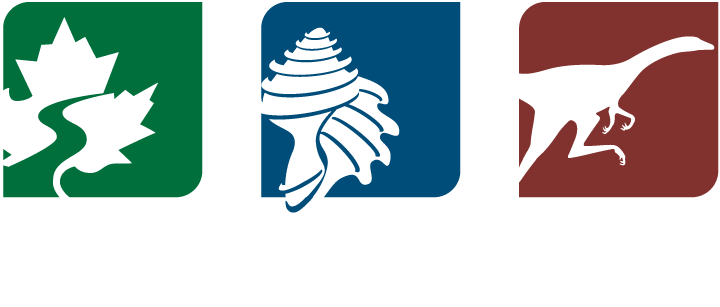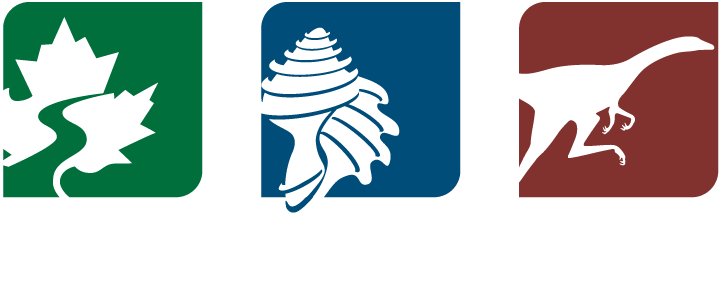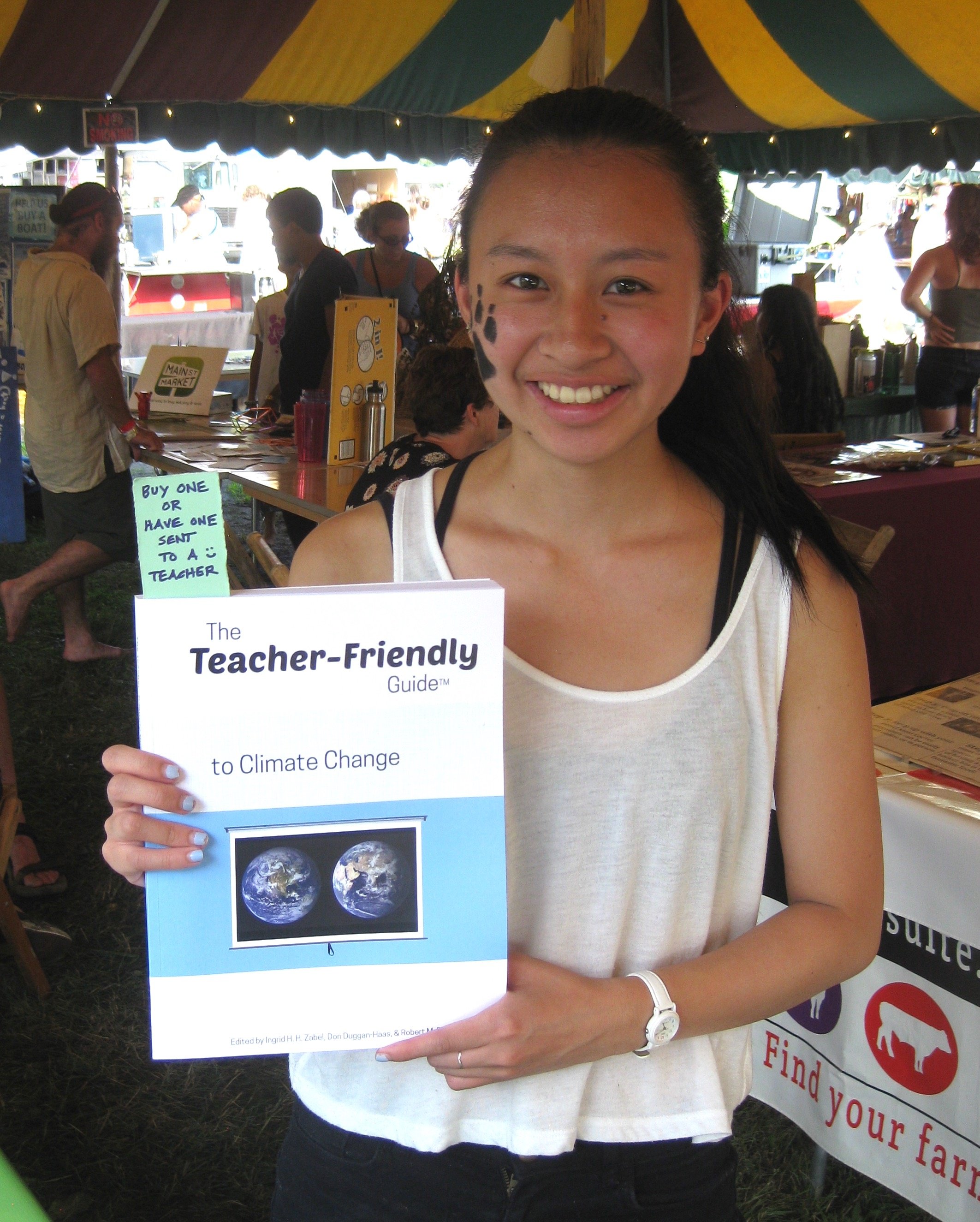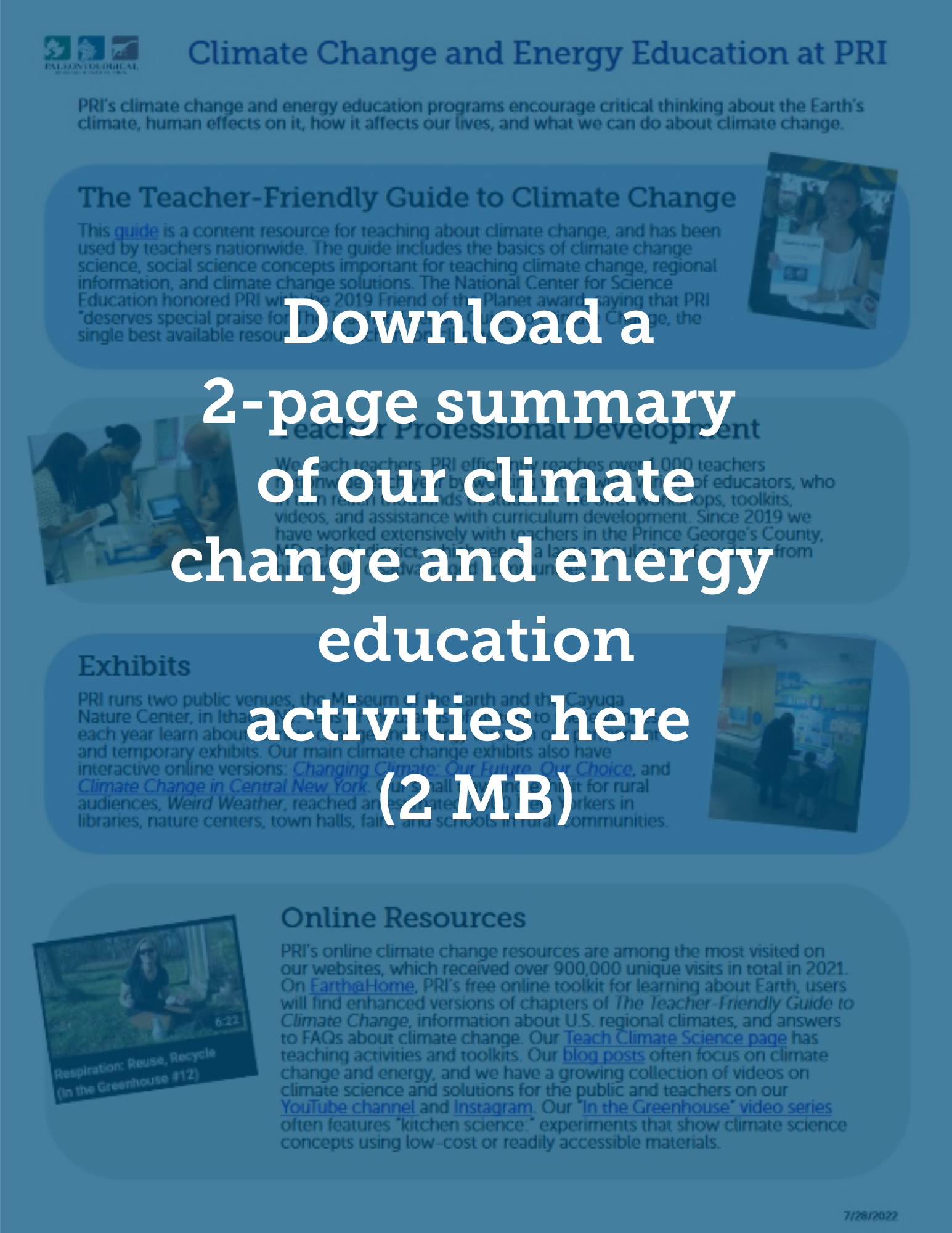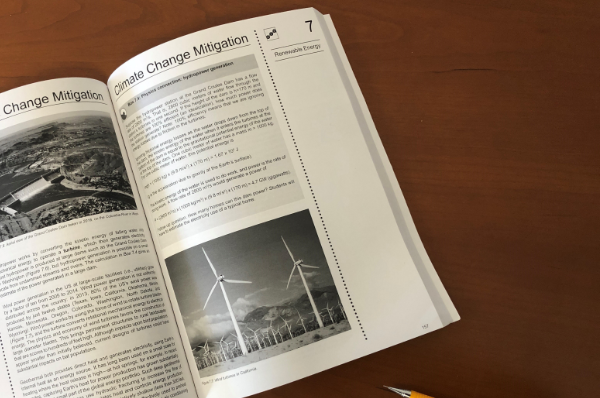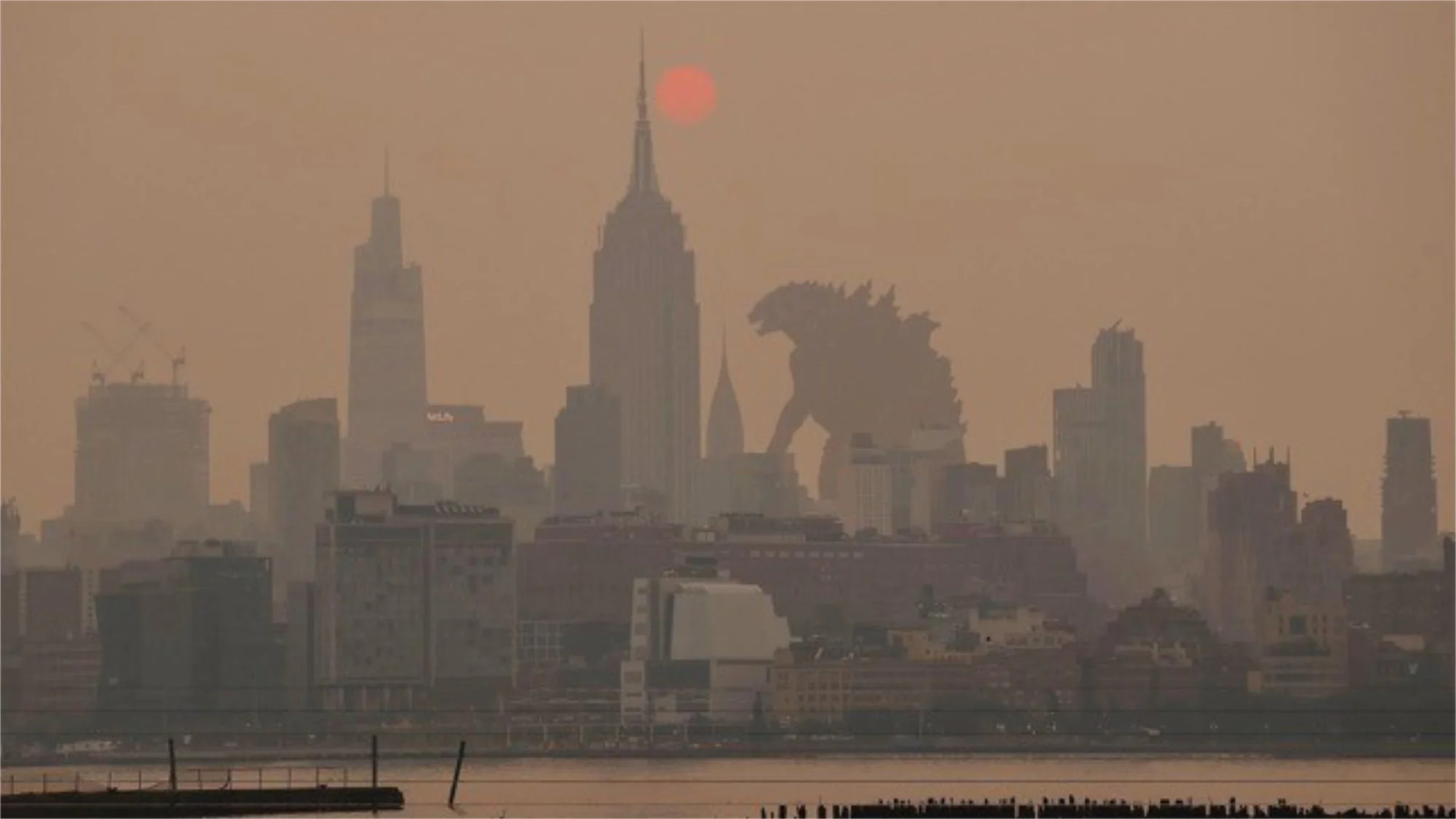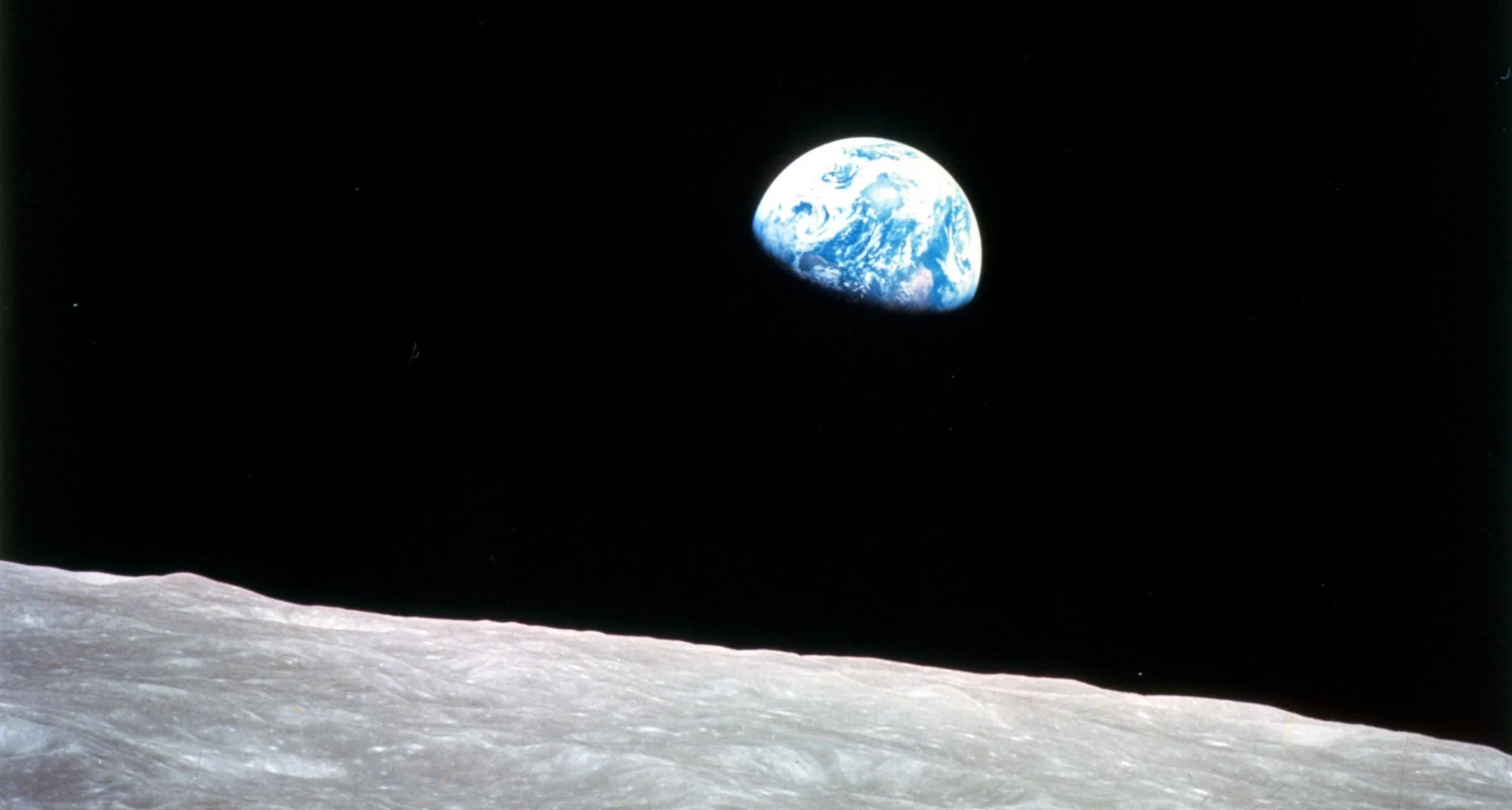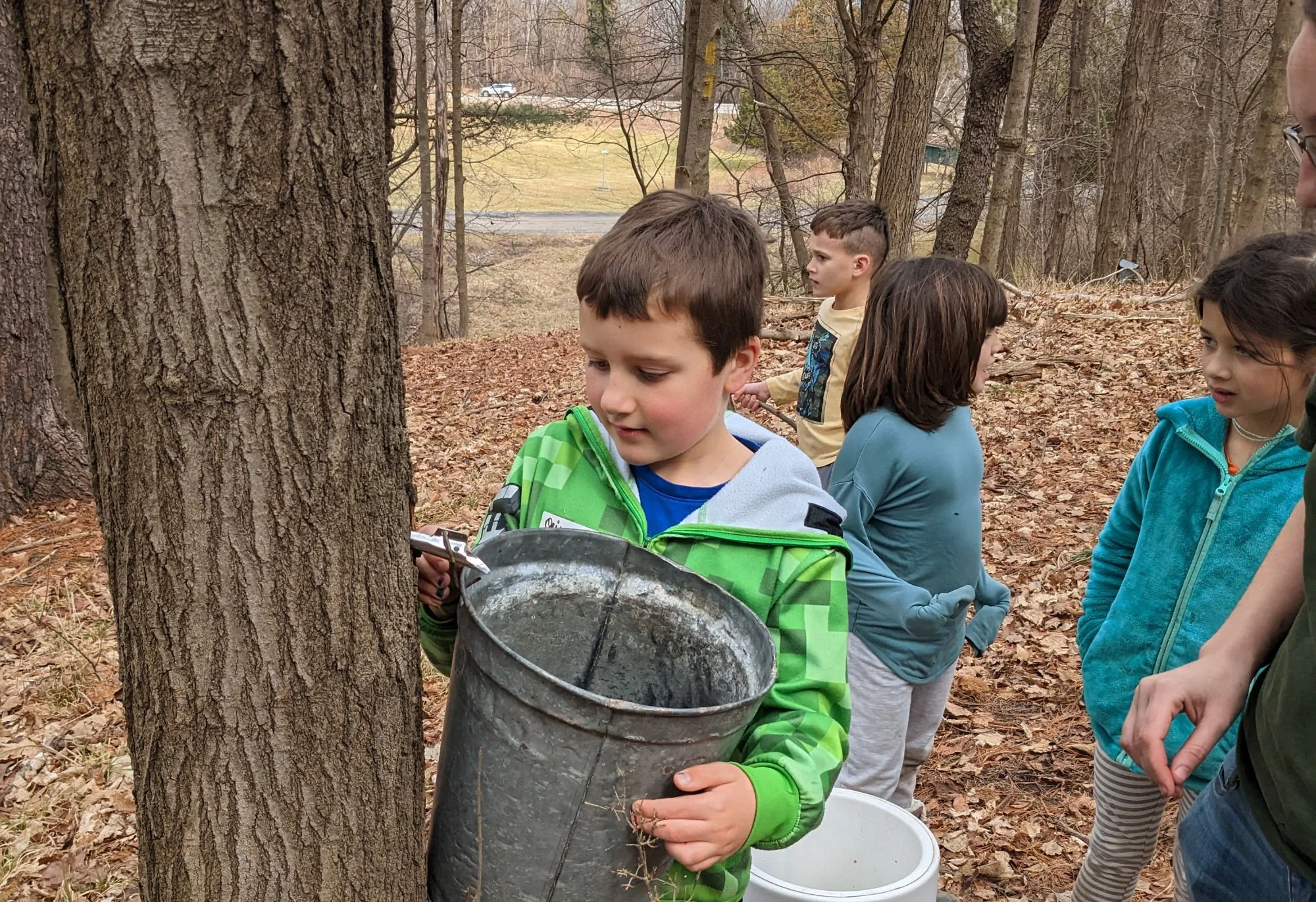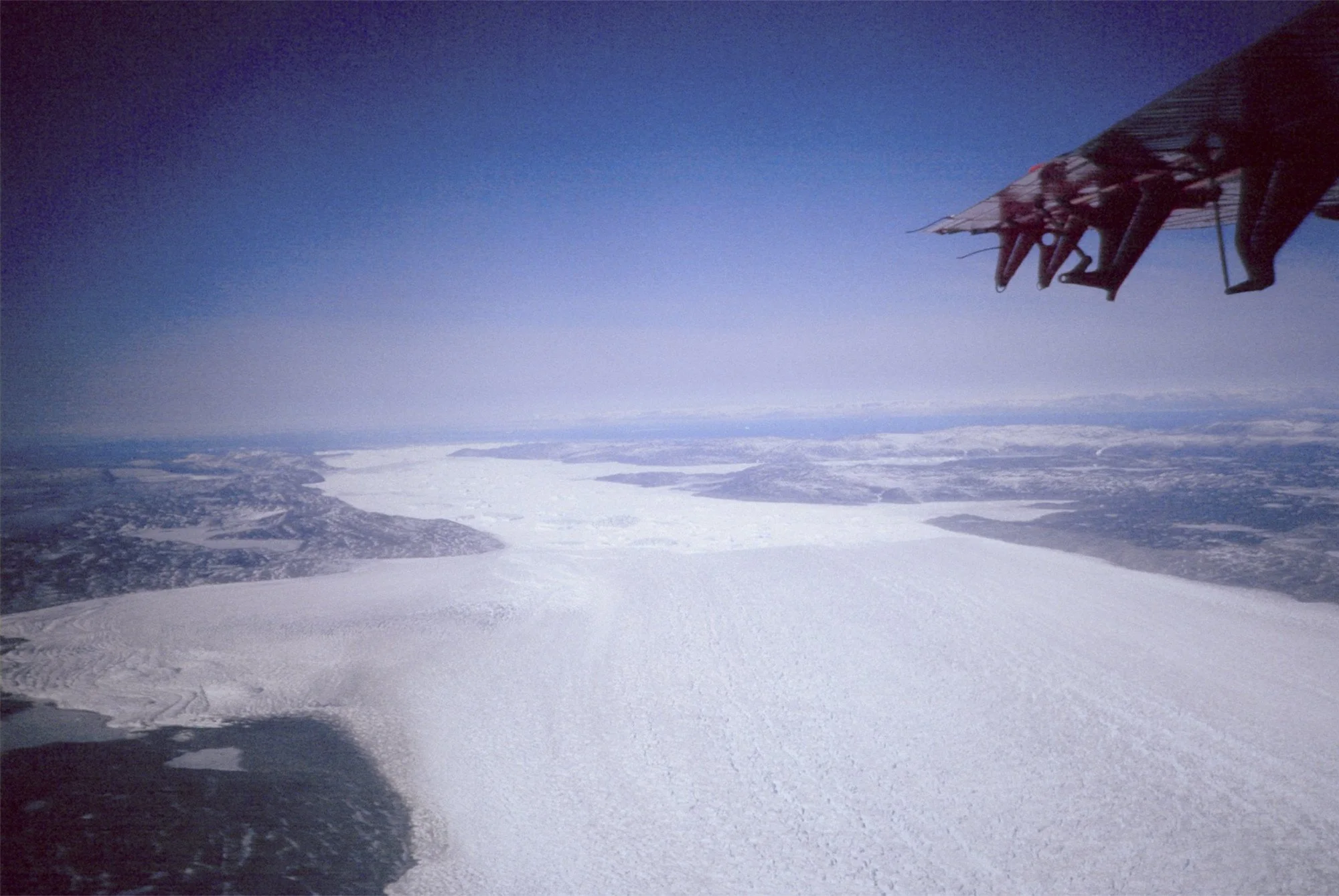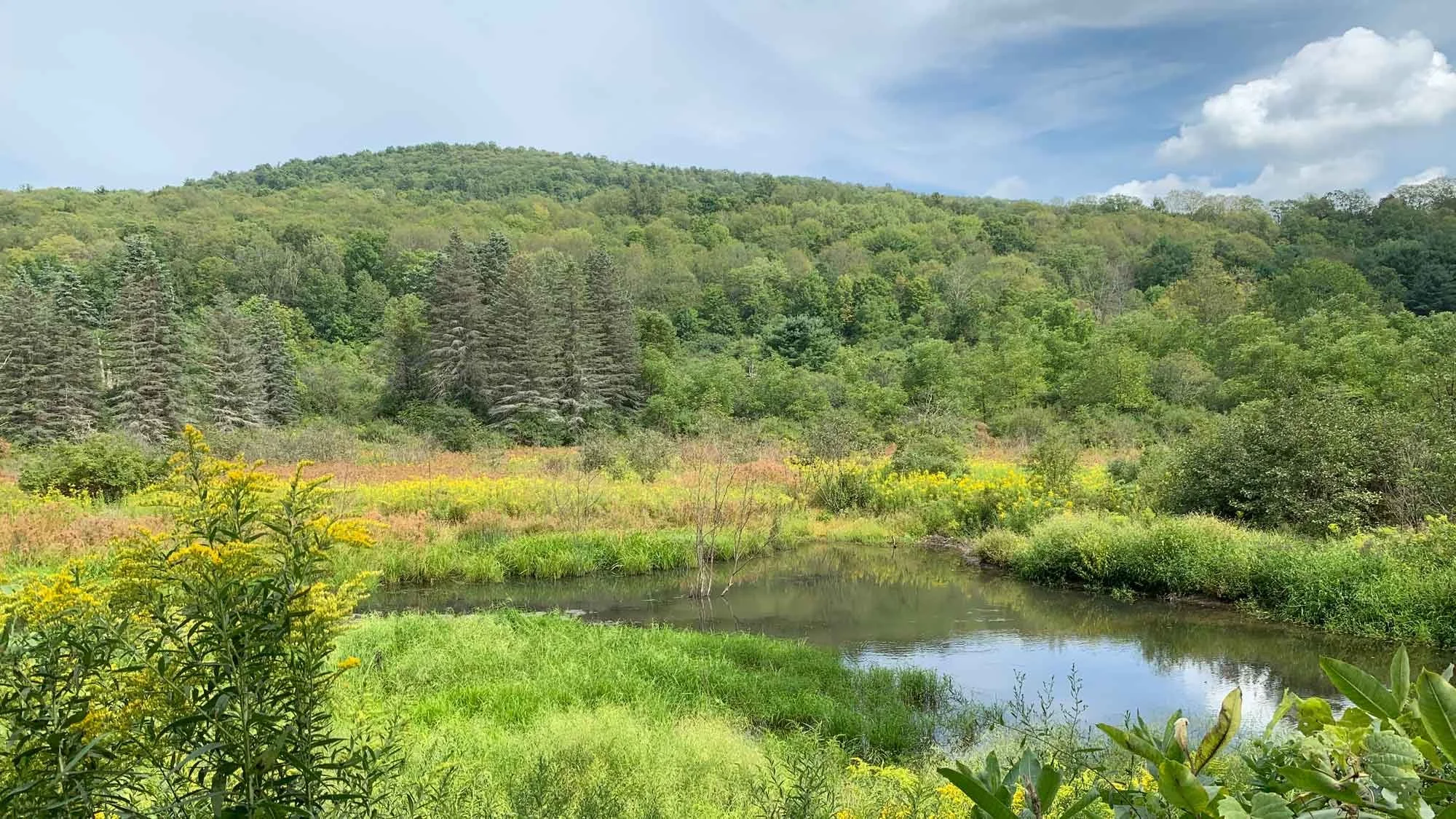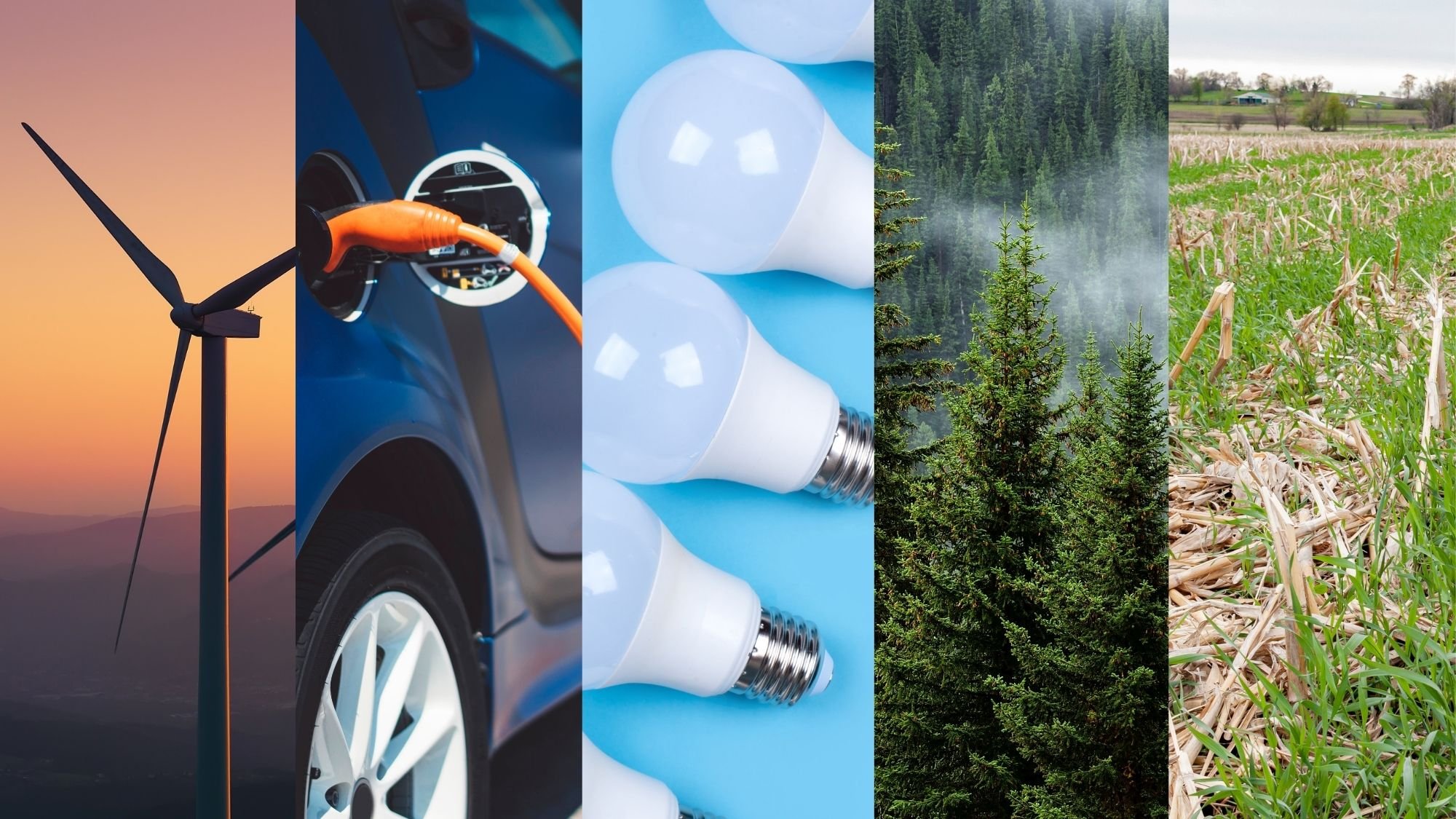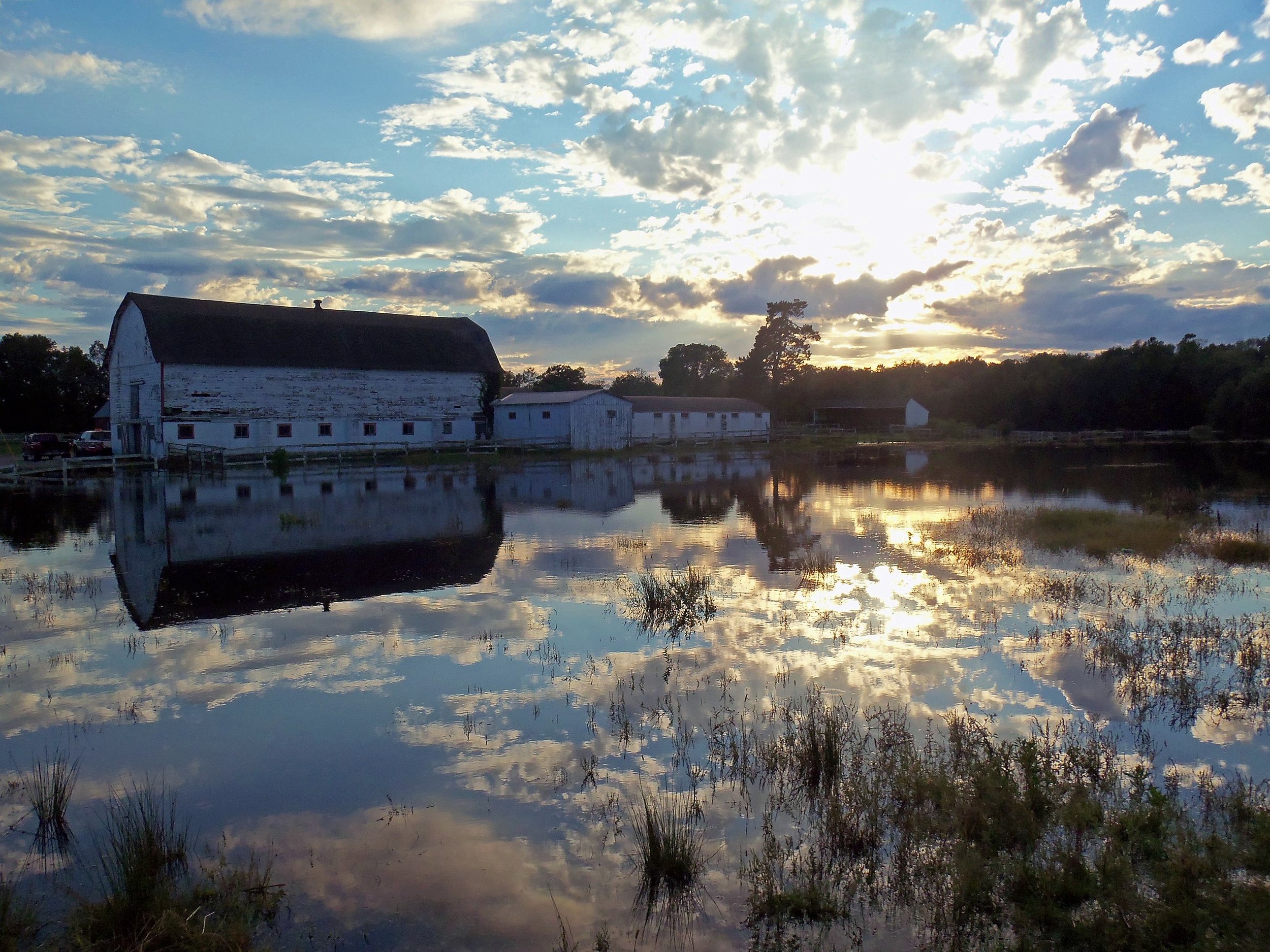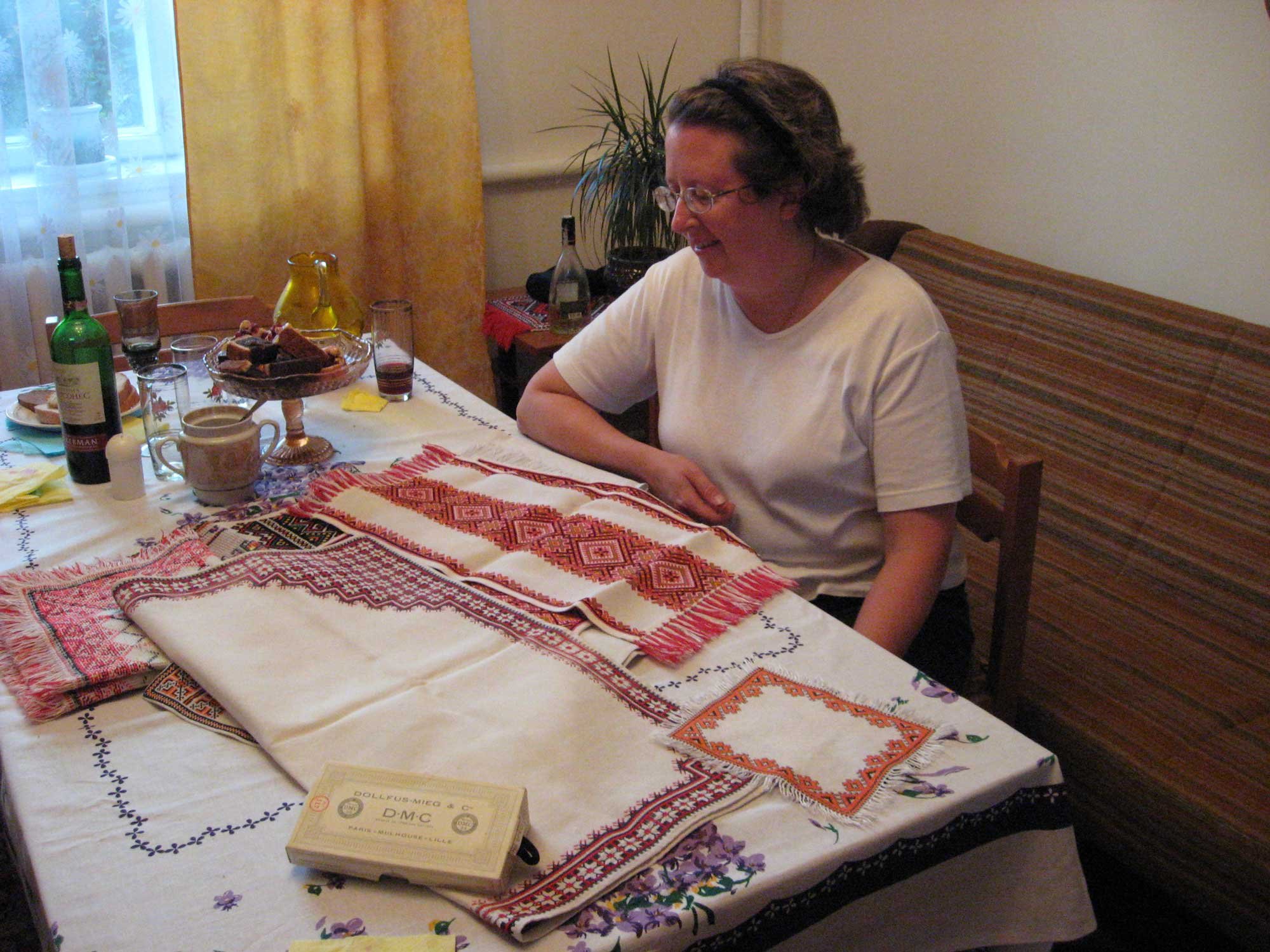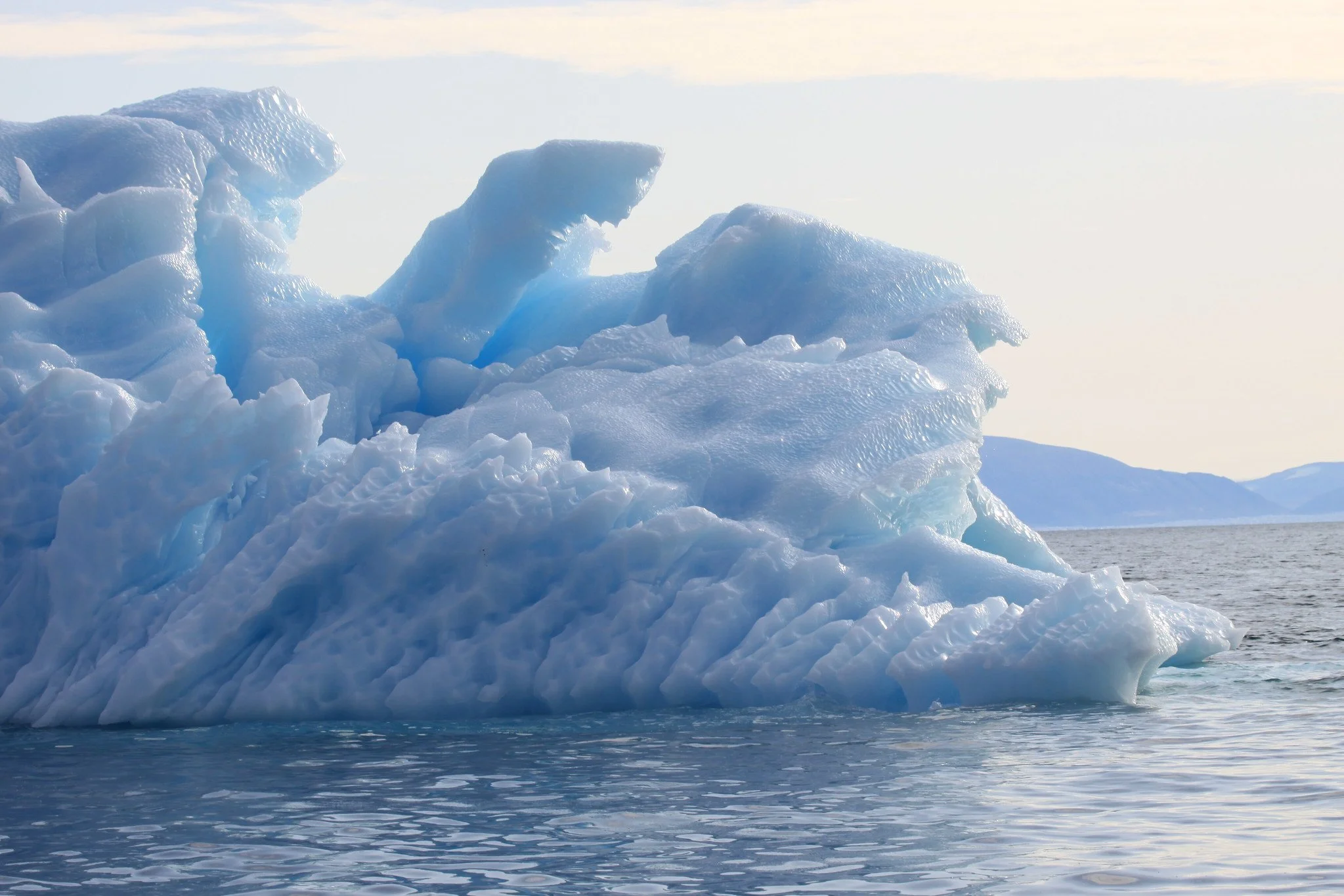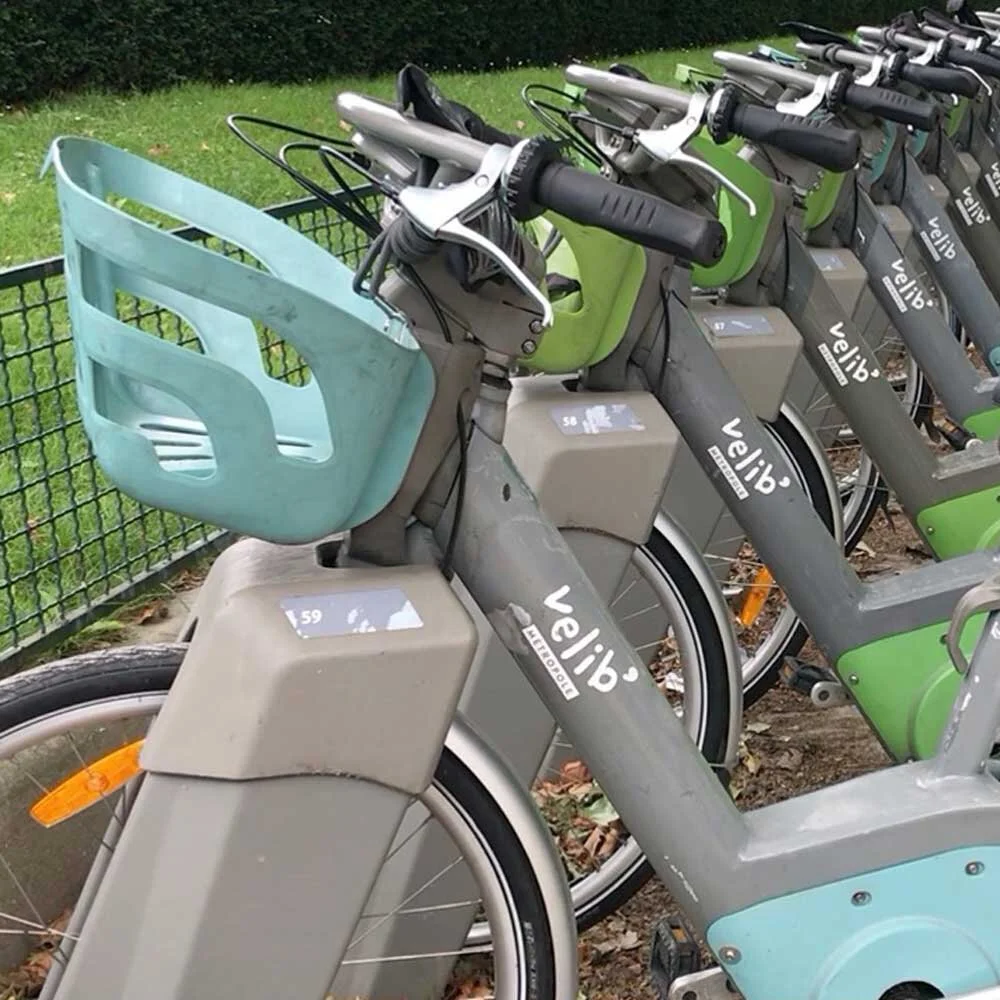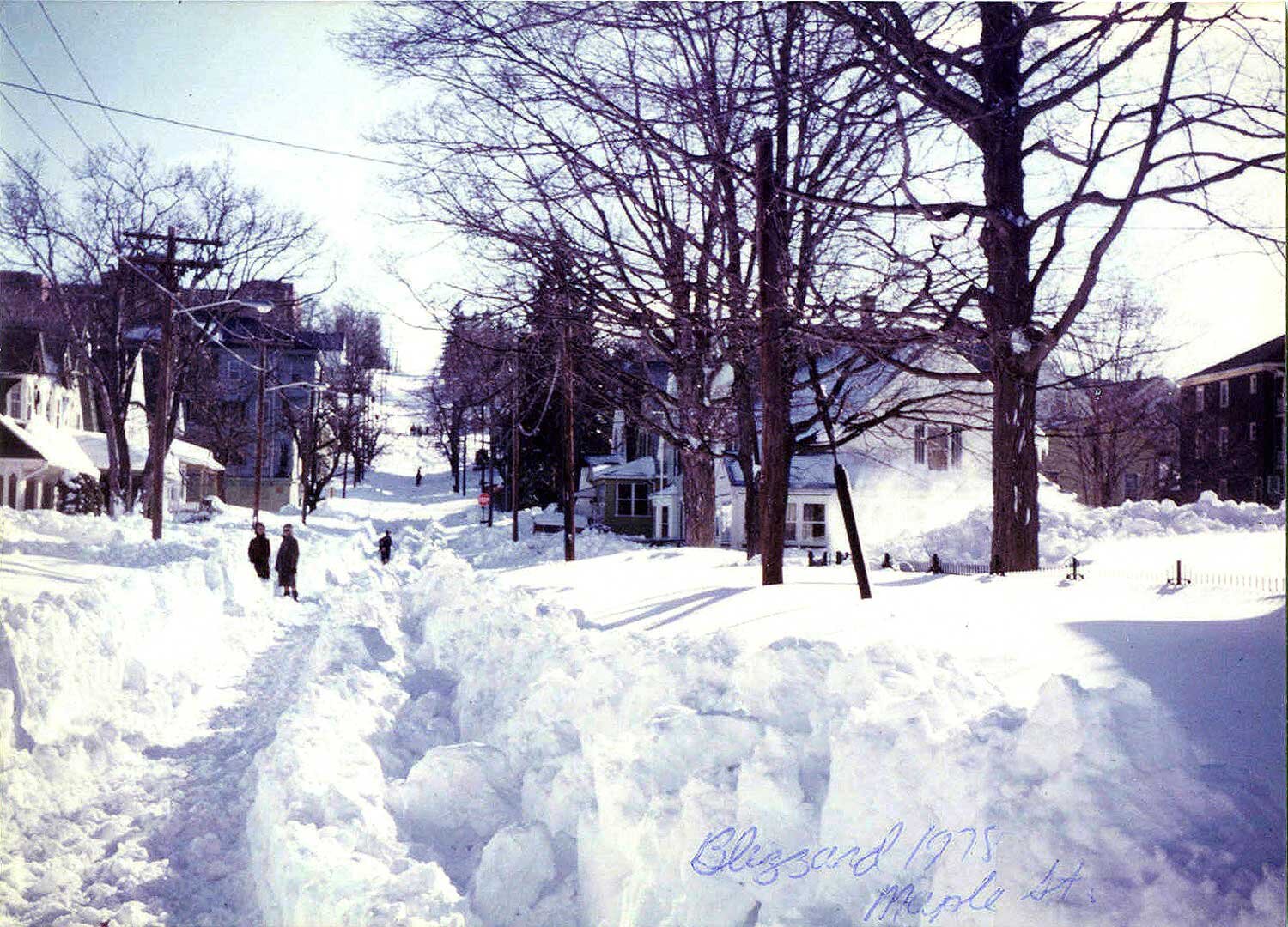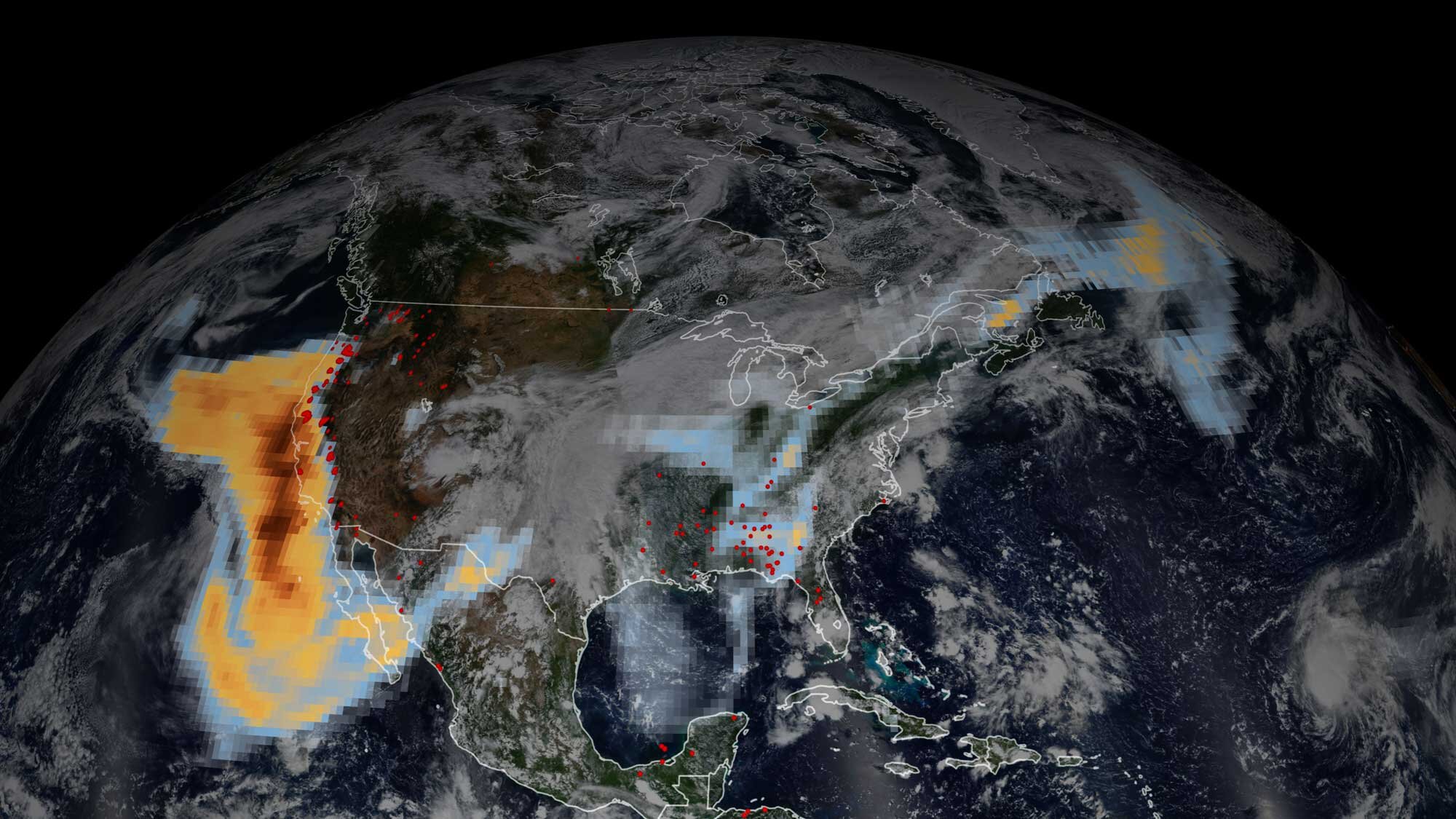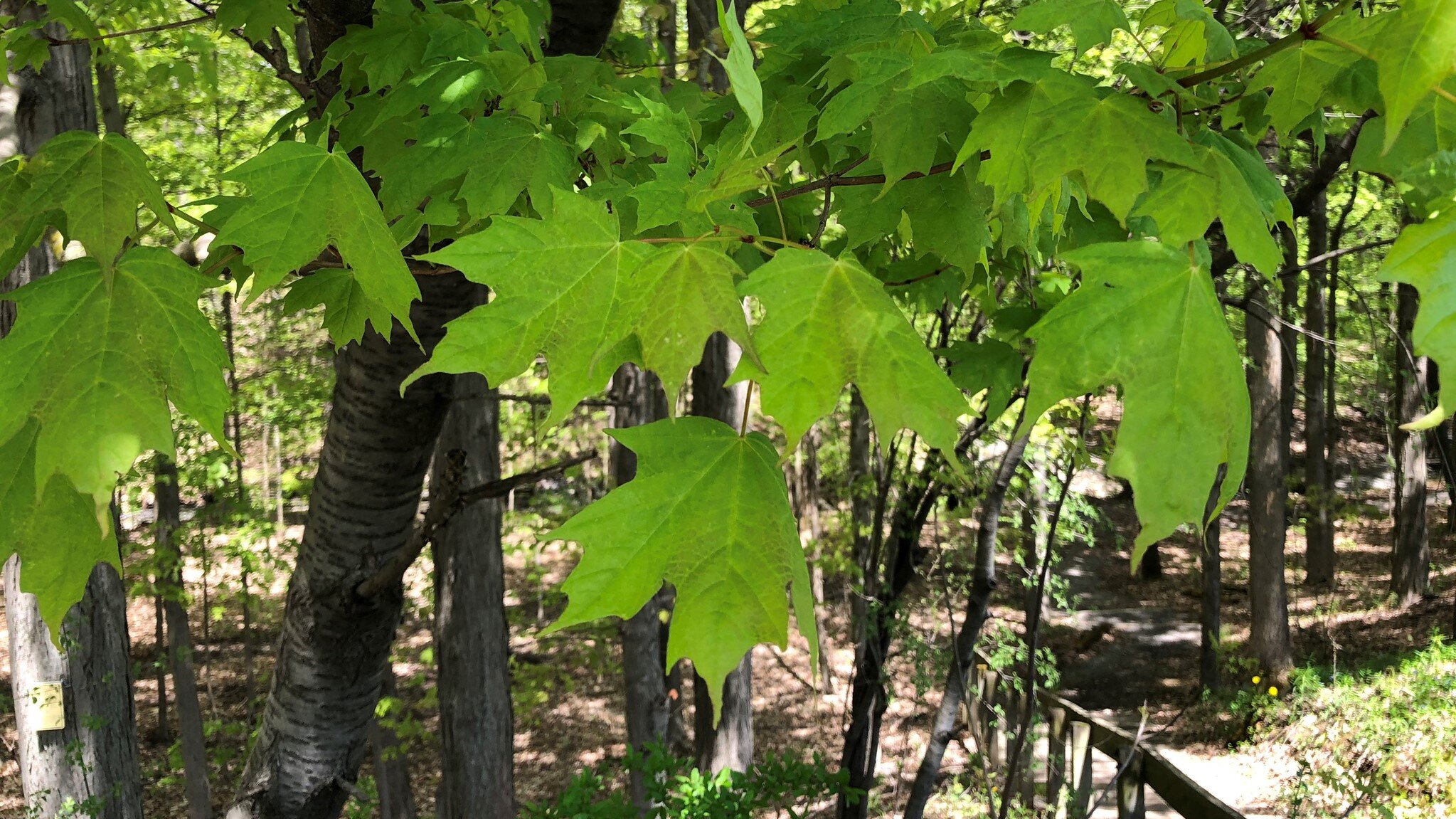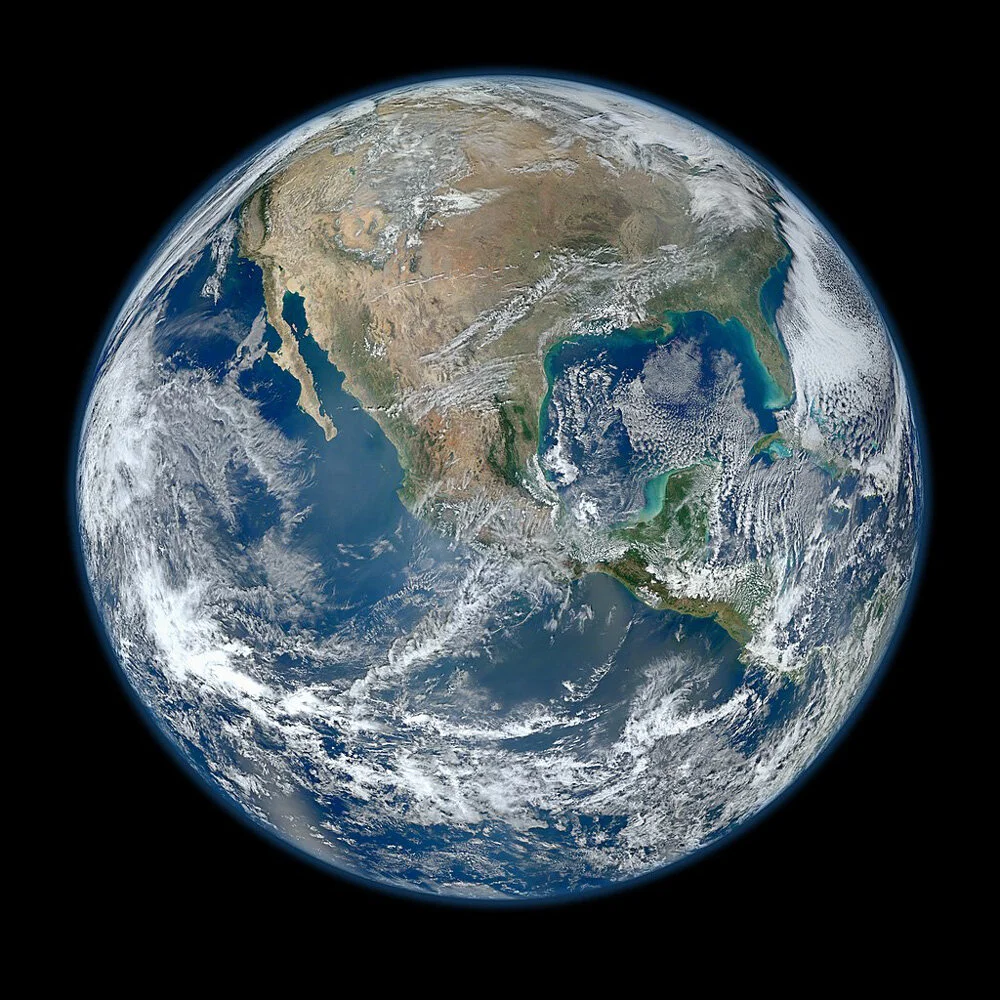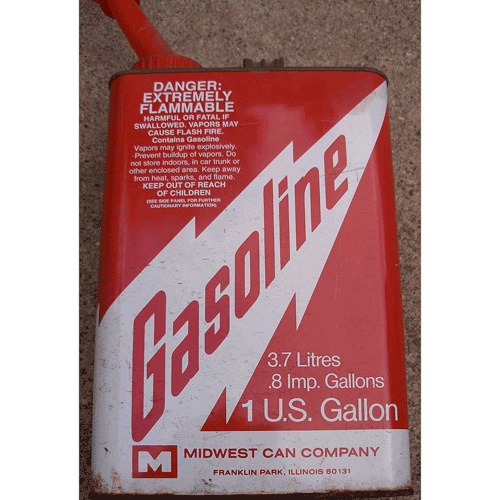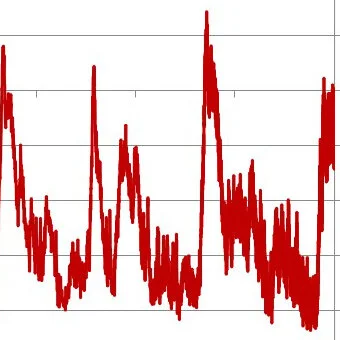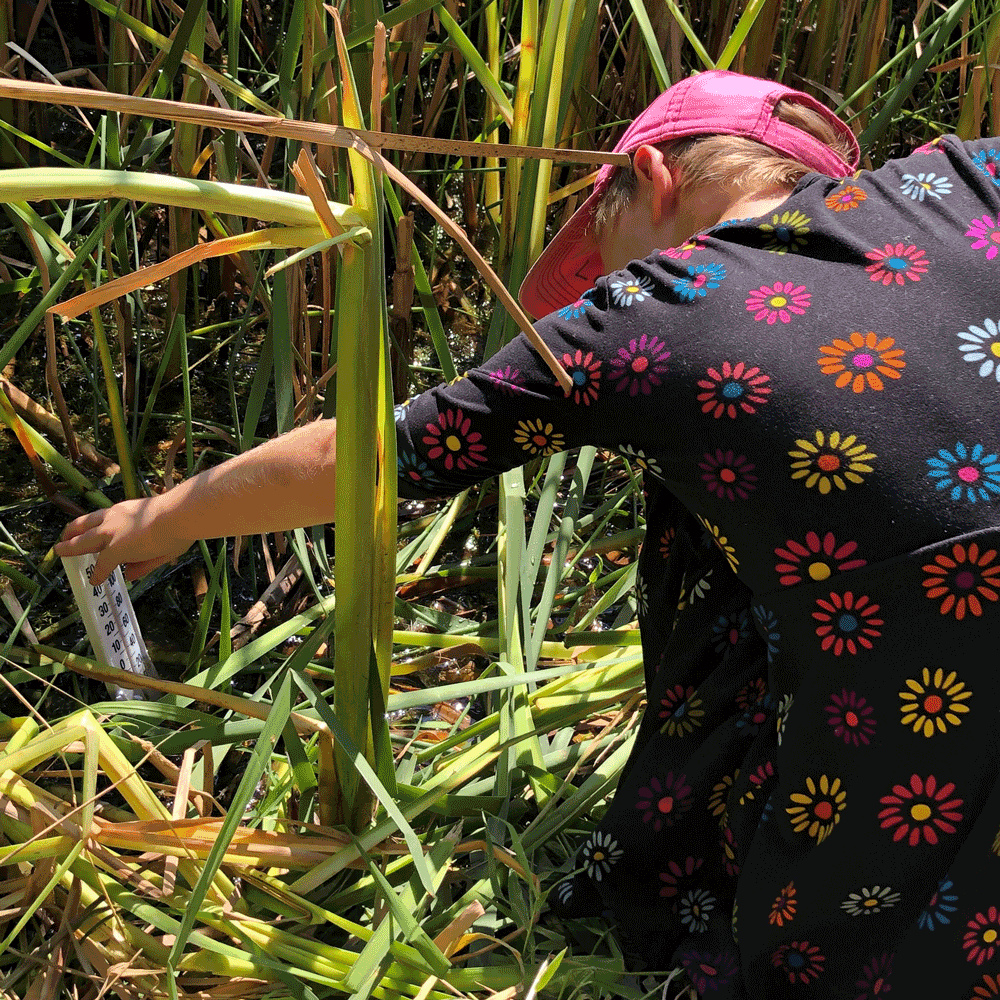What We Do
-
This guide is a content resource for teaching about climate change, and has been used by teachers nationwide. The guide includes the basics of climate change science, social science concepts important for teaching climate change, regional information, and climate change solutions. The National Center for Science Education honored PRI with the 2019 Friend of the Planet award, saying that PRI “deserves special praise for The Teacher-Friendly Guide to Climate Change, the single best available resource for teachers on climate change."
-
We teach teachers. PRI efficiently reaches over 1,000 teachers nationwide each year by working with a wide variety of educators, who in turn reach thousands of students. We offer workshops, toolkits, videos, and assistance with curriculum development. Since 2019 we have worked extensively with teachers in the Prince George’s County, MD school district, which serves a large population of students from historically disadvantaged communities.
-
PRI runs two public venues, the Museum of the Earth and the Cayuga Nature Center, in Ithaca, NY. Tens of thousands of visitors to these venues each year learn about climate change and energy through our permanent and temporary exhibits. Our main climate change exhibits also have interactive online versions: Changing Climate: Our Future, Our Choice, and Climate Change in Central New York. Our small traveling exhibit for rural audiences, Weird Weather, reached an estimated 7,000 New Yorkers in libraries, nature centers, town halls, fairs, and schools in rural communities.
-
PRI’s online climate change resources are among the most visited on our websites, which received close to 1 million unique visits in total in 2022. On Earth@Home, PRI’s free online resource for learning about Earth and its history, users will find enhanced versions of chapters of The Teacher-Friendly Guide to Climate Change, information about U.S. regional climates, and answers to FAQs about climate change. Our Teach Climate Change page has teaching activities and toolkits. Our blog posts often focus on climate change and energy, and we have a growing collection of videos on climate science and solutions for the public and teachers on our YouTube channel and Instagram. Our “In the Greenhouse” video series often features “kitchen science:” experiments that show climate science concepts using low-cost or readily accessible materials.
-
Our public programs focus on place-based learning, to deepen understanding of local climate change and solutions we can implement in our communities. Examples include “Ask a Scientist About Climate Change” tables at our venues, guided walks and presentations about climate change and sugar maples at our annual Maple Fest, and public lectures and workshops on climate change and energy science. We engage community members in monitoring the effects of climate change through our tree phenology trail at the Cayuga Nature Center and our ongoing series of seasonal bioblitzes—community events in which anyone can contribute observations of plant and animal life to help document the biodiversity of our region.
-
We offer education programs on climate change and energy to area youth at the Cayuga Nature Center, the Museum of the Earth, and beyond. Children ages 5 to 12 at our summer camp make and use simple weather instruments, building a foundation for a deeper understanding of climate science. Campers design and test ideas for how to adapt gardens and buildings to heavy rainfalls, build wind-powered machines, and help pollinators adapt to climate change. High school students have measured carbon storage in trees at the Cayuga Nature Center, and made observations of insects, plants, and seasonal cycles in trees in the context of climate change. High school math students have collected data and done analyses on saving energy through switching to LED light bulbs, using solar panels to generate electricity, and improving our driveway to adapt to heavy rainfalls.
-
In 2022, Cornell University began drilling a deep bore hole on its campus as part of its Earth Source Heat project to heat the campus. PRI is working to communicate information about the project to the public, and manages a Cornell website about the project as well as providing teachers with workshops and resources.
-
From 2014 to 2023, we curated content on the Clearinghouse, a gateway to climate change data, maps, tools, and other resources to support scientifically sound decision making in New York State. The website’s primary intended audience was local municipal officials, but it made current information on climate change accessible to teachers, students, and the public as well. This site (nyclimatescience.org) shut down in August, 2023.
-
PRI staff have leadership roles in national and state climate change initiatives, including serving on the Leadership Board of the Climate Literacy and Energy Awareness Network (CLEAN), a recent term as President of the National Association of Geoscience Teachers (NAGT), leading development of NAGT’s position statement on teaching climate change, and advising the NY State Climate Impacts Assessment.
PRI wins 2019 Friend of the Planet Award
PRI won the 2019 Friend of the Planet Award from the National Center for Science Education, which recognized The Teacher-Friendly Guide to Climate Change as “the single best available resource for teachers on climate change.”
